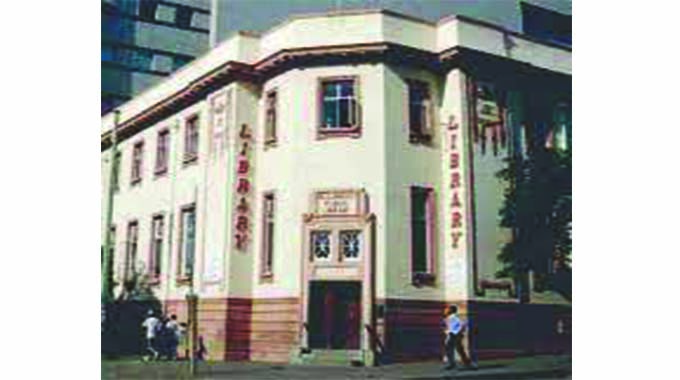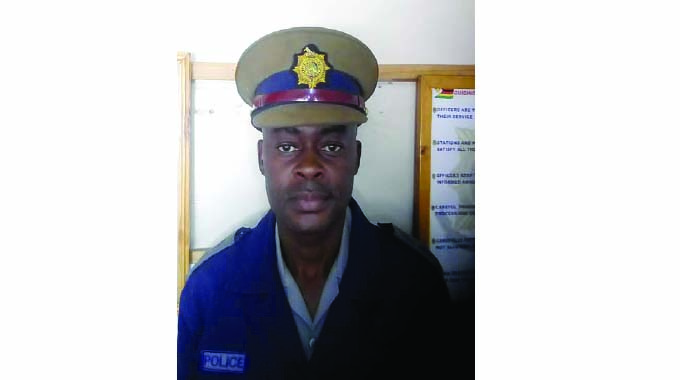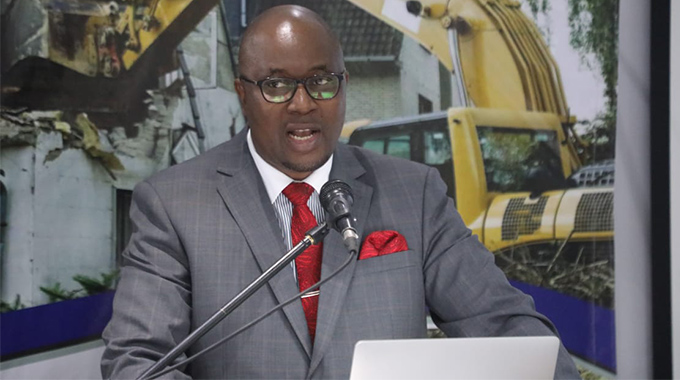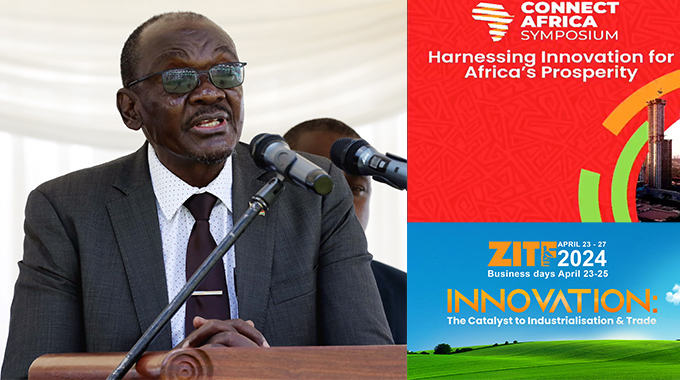Mtupane Primary School gets library Trailblazer remembers rural Lupane roots

Lumbidzani Dima, Chronicle Reporter
AFTER graduating in library and information science in the United States, Mrs Harriet Ncube has remembered her roots by establishing a library at a school where she did her primary education in Lupane district.

Mrs Ncube, who is originally from Mtupane Gwamba Valley in Lupane, Matabeleland North province, did her primary schooling at Mtupane Primary between 1964 and 1970.
She then went to Inyathi for her secondary education from 1971 to 1974.
Mr Ncube then did temporary teaching before crossing to Botswana where she got a US scholarship.
“I proceeded with my high school at Georgia State University in Atlanta, Georgia, USA.
I did a Library and Information Science degree at Illinois State University where l was awarded for being the best graduating senior in the group.
Then I did Masters in Library and Information Science at the National University of Science and Technology (NUST), Faculty of Communication and Information Science,” said Mrs Ncube.
She is the National Advisor of the Zimbabwe Library Association National Executive Council and also the Consultant, Coordinator and Advisor of the Library project at Mtupane Primary School in Lupane.
Mrs Ncube said she is a product of Mtupane Primary School.
She said her rural background made her end up in the USA and gave her a dream to have a library at the school where she did her primary education.
“I decided on a Library Project after noting the digital divide between urban learners and rural learners.
I realised there was a need to develop a reading culture from an early age to bridge the gap.
“The purpose of this library project is to produce learners that can qualify for university admission, to encourage youth programmes through provision of information and to uplift the community and subsequently the Lake Alice Ward in Gwamba Valley,” she said.
Mrs Ncube said the first step she took to implement her vision was requesting for a two roomed block for ECDs at the school.
“I wrote a project proposal requesting a two roomed block for ECD kids.
One room was to be used as a classroom and the other room was to be used as a reading and skills development room by the kids.
I shared the proposal with other librarians.
Among needs assessments was reading materials.
“A colleague at the Midlands State University Library sent it to Aussie Books for Zimbabwe, an organisation in Australia.
My Proposal was tabled by Aussie Books in Australia and we were promised about 2 000 books.
“However, there was a need to ensure that the books would be kept in a Library for use by wider members of the community and all learners at primary and secondary,” she said.
Mrs Ncube said through Aussie Books they found a donor to build the block and the Australian government through the Embassy decided to take it up.
“The Australian government suggested that instead of the ECD block it’s best to have a proper school library that can be used by learners at both primary and secondary school as well as the community.
We thank God that the building has been finished and is already in use,” she said.
Mrs Ncube said although the sponsorship was obtained in 2019, the Covid- 19 Pandemic slowed the progress as travelling was restricted and schools were closed for a long time.
However, late 2020 to early 2021 the building was completed.
The library started operating by mid-2021 while getting resources such as shelves and books was in progress.
She said stakeholders have played a critical role in the library development.
The Zimbabwe Library Association (ZIMLA) has particular interest groups including the school libraries, focusing on promotion and development of school libraries.
“We have since conducted a Library Training Workshop at Mtupane together with officials from the Nust library and National Library and Documentation Services (a Department in the Ministry of Primary and Secondary Education).

The workshop was attended by community leaders, teachers and pupils who were taught reading skills, book handling and the general upkeep of the library,” said Mrs Ncube.
She said she recently applied for funding to buy library books to the International Association of School Librarianship (IASL) and got US$1 000.











Comments